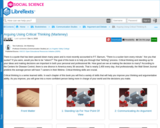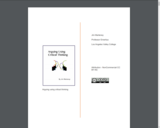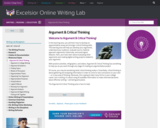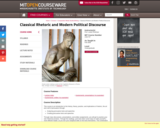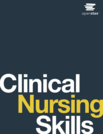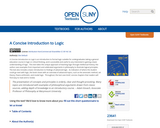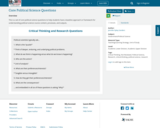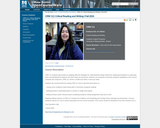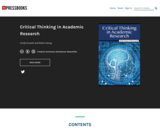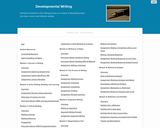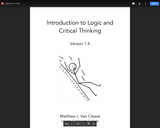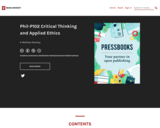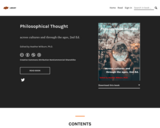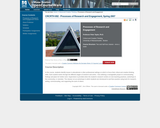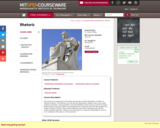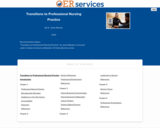Clinical Nursing Skills is designed to equip nursing students with the practical knowledge and hands-on skills necessary to provide comprehensive patient care. The material emphasizes the application of clinical judgment in a variety of settings, ensuring that students are prepared to deliver high-quality care across different patient populations and clinical scenarios. The content utilizes concepts promoting the development of clinical judgment by building upon the systematic model developed by the National Council of State Boards of Nursing (NCSBN).
Clinical Nursing Skills provides detailed instructions on basic procedures such as hygiene, mobility, vital signs assessment, medication administration, and wound care. It also guides students through more complex skills, including intravenous therapy, catheterization, tracheostomy care, and emergency interventions. By integrating the Clinical Judgment Measurement Model, the material helps students recognize, analyze, prioritize, create, act, and evaluate outcomes in various clinical situations, fostering critical thinking and clinical decision making. By studying Clinical Nursing Skills, students will gain the confidence and competence needed to perform essential nursing tasks, make informed clinical decisions, and provide compassionate, patient-centered care, which will prepare students for success in their clinical rotations and future professional practice.
Senior Contributing Authors
Christy Bowen, Chamberlain University
Contributing Authors
Taranee Albert, Northwestern Medicine
Mary Anne Bera
Jessica Crockett, Baptist Health Care
Lindsay L. Draper, University of North Carolina Greensboro
Sandy Grimm, Nurse Educate
Alissa Hershberger, University of Central Missouri
Stephanie Hoffman, Chamberlain University
Czarina Hounsel, University of Texas at Arlington
Lindsay Jusino, The University of West Florida
Lori Kelly, Lipscomb University
Heather Moore, Xavier University
Amisha Parekh de Campos, University of Connecticut
Margaret Riley, Nurse Educate
Susan M. Rouse (Retired)
Leigh A. Waldron, Western Governors University
